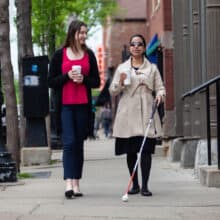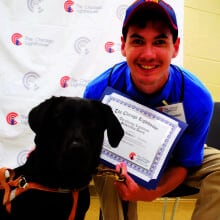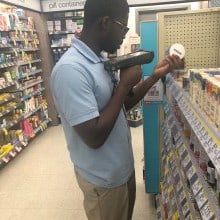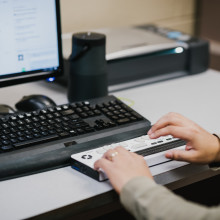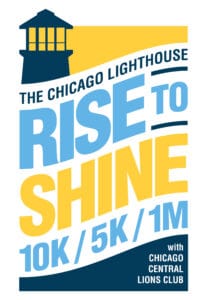A Lifetime of Adapting to Low Vision: Brooke’s Story
Often when someone has been diagnosed as having low vision, he or she is unaware that numerous tools and services can help them continue with their day-to-day activities. For this reason, February is recognized as Low Vision Awareness Month in the United States. Millions of people are affected by low vision, with glaucoma, diabetic retinopathy and macular degeneration being some of the leading causes. While vision loss caused by these and other eye conditions cannot be restored, a wide range of services and tools can help people continue to do the things they enjoy. I spoke with Brooke Keeton, who has had low vision for over 40 years. Brooke described some of her experiences living with low vision, her quest to find available resources, and how she wishes to help others experiencing similar situations.
A native of New Jersey, Brooke was diagnosed with Stargardt Disease in the early 1980s. Stargardt Disease is an inherited retinal condition that typically manifests itself during a person’s childhood or teenage years. Initially, Brooke had problems identifying objects from a distance and reading small print. Gradually, the vision loss became even more noticeable and created major obstacles in all aspects of her daily life. Going to college turned into a struggle, because simple things like reading textbooks and taking notes were becoming impossible. Brooke recalls that being a college student in the 1980s with low vision was extremely challenging given the lack of available resources and technologies. Eventually, Brooke gave up pursuing her goal of obtaining a teaching degree.
Being someone who prefers to remain positive, she was determined to move on with her life and sought new ways of reinventing herself. Cooking was a big part of Brooke’s life since childhood, so she attended culinary arts school. She worked for many years as a chef, both in various catering businesses and on a volunteer basis. Brooke spent over 20 years looking for other job opportunities and attempted to launch her own business but with little success. Meanwhile, her vision loss kept progressing to the point where standard glasses and magnifiers were not as helpful as they once were. Currently, Brooke only has some peripheral vision in her left eye but is unable to see any letters at all.
It was not until 2017 when Brooke visited The Chicago Lighthouse for a low vision exam that she started to learn about different assistive technologies and other resources for people with vision loss. She enrolled in orientation and mobility classes and courses about assistive technology. Brooke began to learn about screen-reading and magnifying software that could help her use computers, smartphones and tablets. With her newly acquired computer skills, Brooke was able to research and find even more information and resources. This was a whole new world to Brooke, as she was previously unaware about all the resources and possibilities for people living with low vision.
“I didn’t realize I would find all this technology and resources,” Brooke says. She adds that learning about what is available has made her consider returning to school. It has also expanded her horizons and look at ways of helping others facing vision loss.
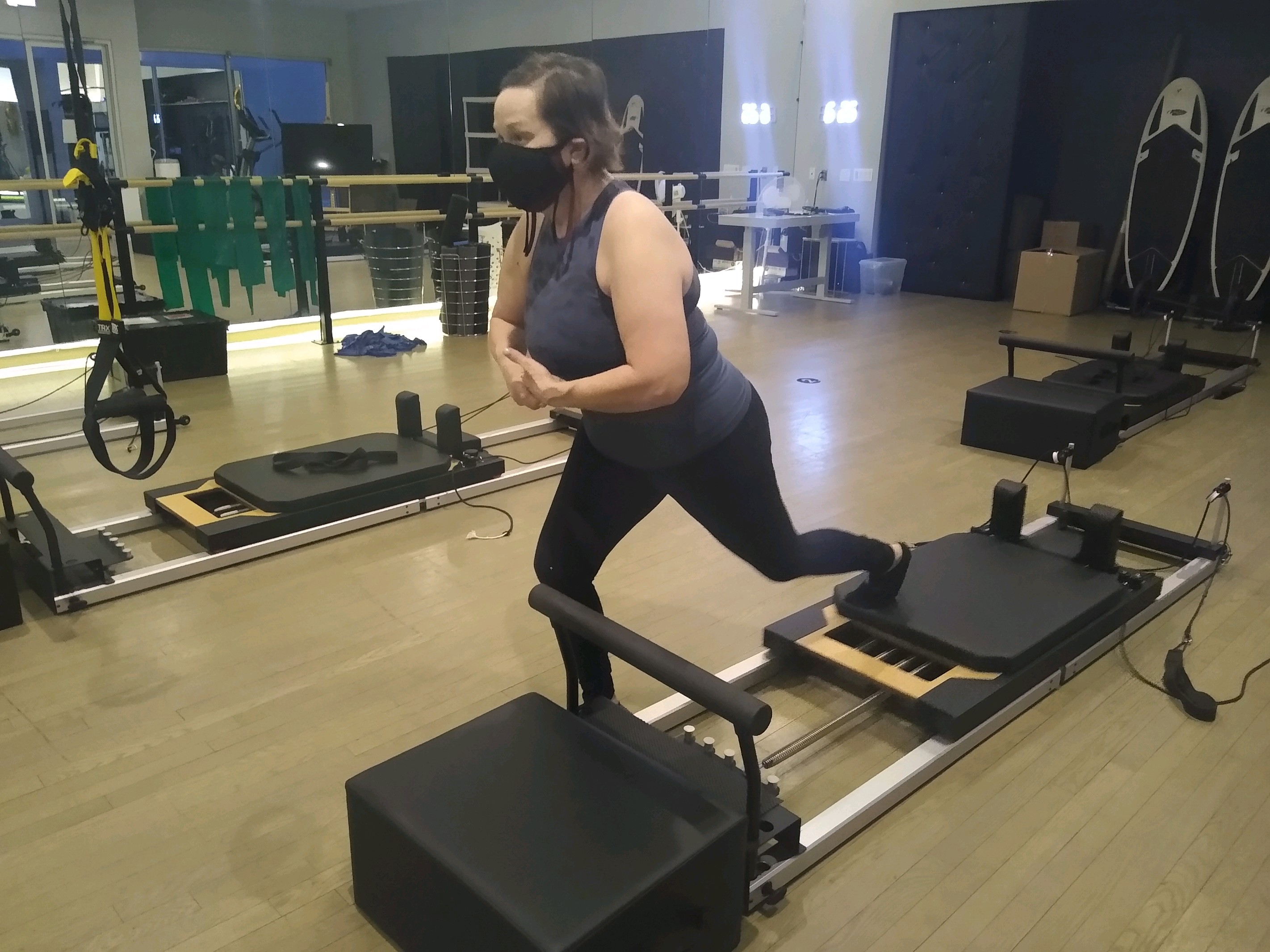
Brooke is passionate about fitness and enjoys teaching others with vision loss about the importance of physical activity and healthy eating.
Brooke is currently involved in fitness classes and other activities, such as boxing and a Pilates certification course. Her main motivation to be physically active was a desire to become a healthy person once again. The many years of being unemployed and mostly inactive took a toll on her health. Additionally, Brooke loves learning and teaching others about healthy eating habits. Her ultimate goal is to teach other people with vision loss about the importance of physical activity, fitness and healthy eating. She encourages others who are facing low vision to “keep pushing and don’t lose your momentum,” and to always seek help and resources.
If you or a loved one is experiencing low vision, The Chicago Lighthouse’s Low Vision Clinic can help. Our comprehensive services encompass low vision exams, support groups, psychological support, occupational therapy, and assistive technology to help you achieve greater independence in all aspects of your life. To learn more, call 312-997-3686, or visit https://chicagolighthouse.org/programs-services/vision-care/.
Are you a person with low vision? I would love to hear your experience! You can email me at sandysview@chicagolighthouse.org or comment on this post. Also, please share the blog with your friends and family so that together we can create greater awareness about low vision.

